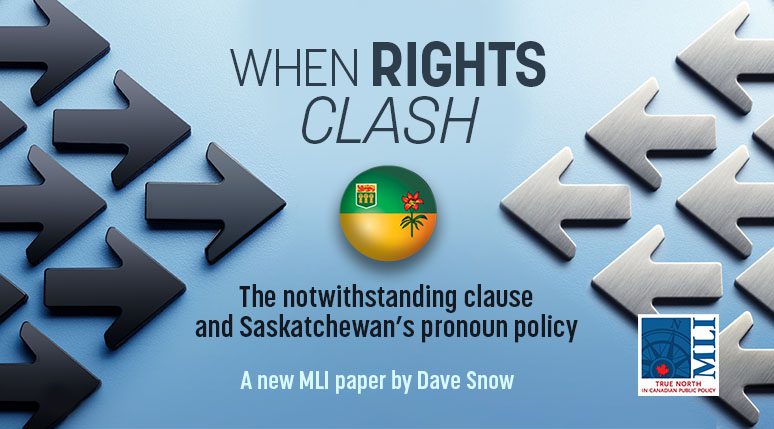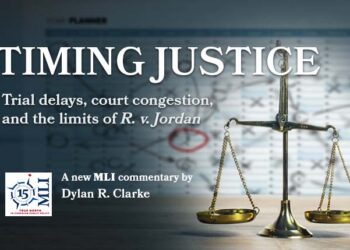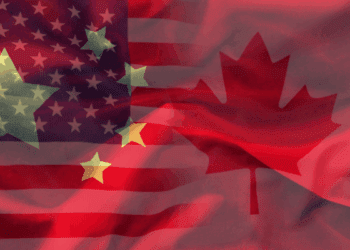By Dave Snow
October 10, 2023
Executive Summary
Saskatchewan Premier Scott Moe recently announced that he will introduce legislation invoking Canada’s notwithstanding clause (NWC) to require parental consent when schools authorize name and gender pronoun changes for students under age 16. In this paper, I argue that the conflict over parental consent and children’s pronouns is precisely the type of issue for which the NWC was envisioned: reasonable disagreement with a judicial decision, in an area of provincial jurisdiction, over a “clash of rights” not directly enumerated in the text of the Charter. In this case, the core dispute – whether parents should be informed and, if so, provide consent when students change their names or gender pronouns at school – implicates foundational questions of parenthood, identity, privacy, and consent.
In the context of myriad rights claims and counterclaims, one might think the jurisprudence on the issue is settled. Indeed, Premier Moe’s decision to invoke the NWC surely indicates that he thinks it highly likely that his policy will not survive a Charter challenge. However, the high likelihood of judicial invalidation does not mean that the policy is a violation of a longstanding and internationally recognized human rights. Whatever policy a government decides in this area, it will involve a limitation on someone’s rights. Children’s rights to privacy are important, as are the rights of parents to be informed of their children’s choices. Reasonable people disagree, and there are myriad good-faith reasons to support or oppose the Saskatchewan government’s policy.
The NWC was included in the Charter for situations like the gender pronouns issue: to protect rights beyond those enumerated in Charter case law and to disagree with judicial interpretations of those rights, especially in areas of provincial jurisdiction. Far from undermining the Charter, the NWC is a crucial part of it.
For good or ill, our democratically elected representatives are often constrained in making policy on issues over which there is a wide range of reasonable disagreement – including among Supreme Court justices themselves – such as abortion, hate speech, prisoner voting, and the right to strike. The NWC was put in the Charter precisely to prevent legislatures from becoming so constrained. It empowers legislatures to take a side in reasonable disagreements, but it ensures that those disagreements will continueover time. Unlike a judicial decision, the NWC is likely to promote and extend debate in the legislature rather than prevent it. The clause’s five-year expiry ensures that governments that invoke it must face voters before doing so again.
As part of the Charter itself, the NWC was designed precisely for policy disputes like the debate over parental consent and pronouns in schools – those with multiple competing interests, no easy answers, and rights claims from all sides. Regardless of the final policy outcome, one thing is certain: the NWC will not be the final word on this issue – which is just what its framers intended.







